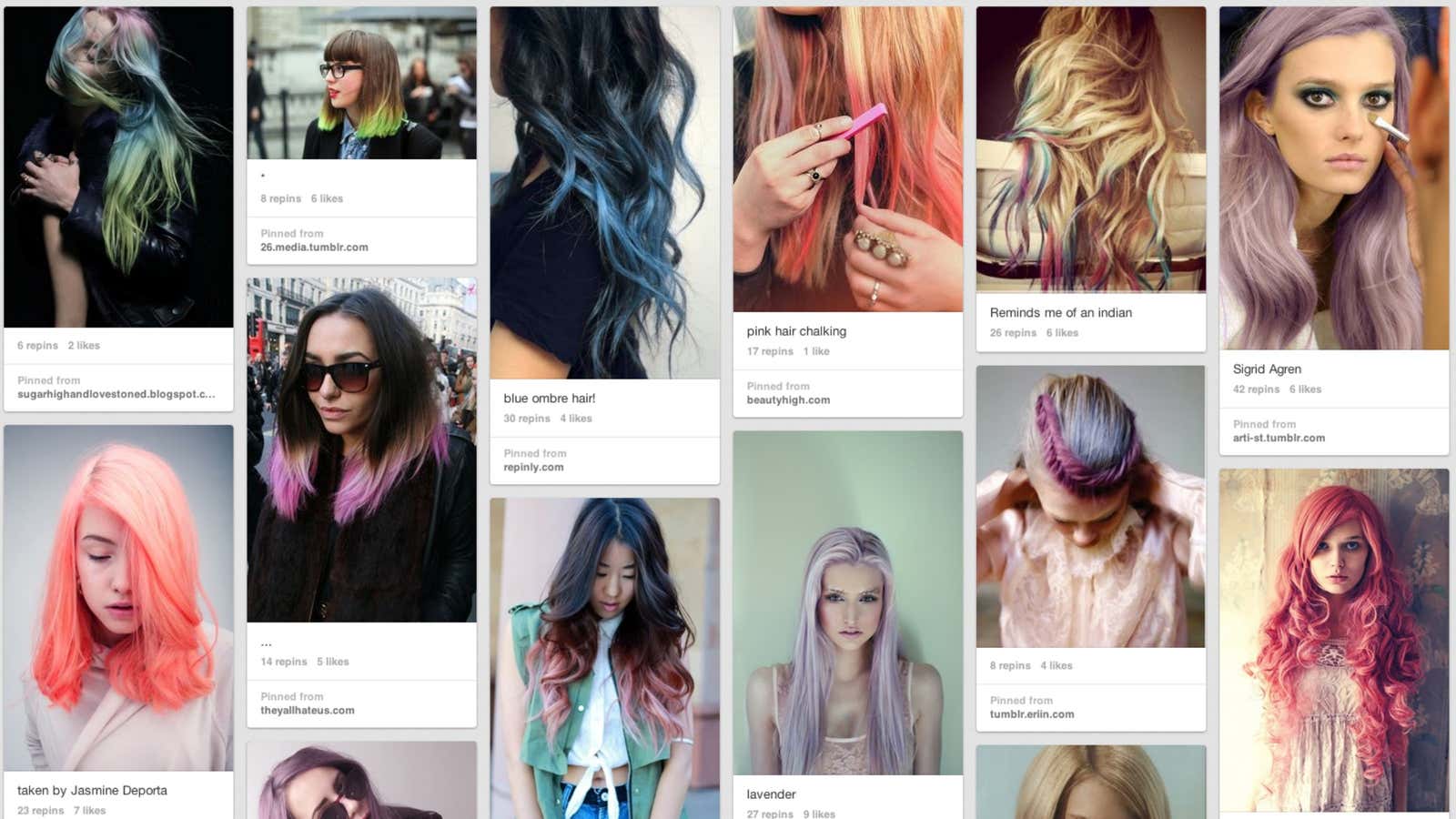After much speculation about how Pinterest would make money off of its wildly popular service, the company has finally announced a monetization strategy: Sponsored Pins. “We’re going to start experimenting with promoting certain pins from a select group of businesses,” CEO Ben Silberman explains in a very cautious post on the company blog. The thing is, for now, those ads are free: ”Nobody’s paying for anything yet—we want to see how things go and, more than anything, hear what you think,” he adds.
Noting the huge backlash Facebook and other social sites have received for their invasive advertising strategies, Pinterest has moved very slowly into the wonderful world of money-making. Almost a full year ago it let brands set up shop on the network. Even now that the company is finally letting these guys sponsor some pins, it’s still not jumping into things. Only a “few” pins will be promoted. And, even the ones that are associated with ads will be ”tasteful.” He outlines the plan as such:
—Tasteful. No flashy banners or pop-up ads.
—Transparent. We’ll always let you know if someone paid for what you see, or where you see it.
—Relevant. These pins should be about stuff you’re actually interested in, like a delicious recipe, or a jacket that’s your style.
—Improved based on your feedback. Keep letting us know what you think, and we’ll keep working to make things better.
The sponsored pins will work like sponsored posts on Facebook and sponsored tweets on Twitter. A company will pay for their ad to pop up, but only for people who want to see said ads. So, someone who searches “cookies” might see an Oreo branded pin, or something.
Presumably if and when users respond positively to the twee ads that match the twee pins on the site, Pinterest will start selling some ads for real. And despite Silberman’s insistence that his advertising will be more beloved than all other advertising, that seems unlikely.
This originally appeared at The Atlantic Wire. More from our sister site:
Halliburton will pay $200,000 fine for destroying BP Oil Spill Evidence
Stock market thrilled at the Fed’s bad news about the economy
The little ways government snooping fears take a toll on tech companies
